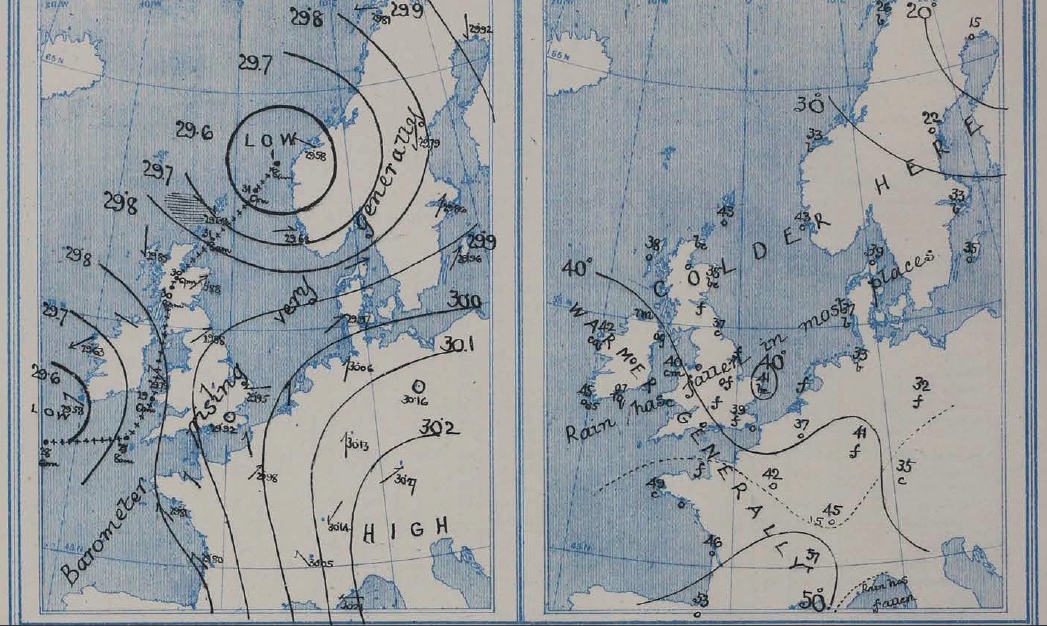Between 1883 and 1904 a group of Victorian meteorologists lived in a stone hut at the summit of Ben Nevis, observing the weather every hour of every day and night. The readings these hardy souls took could provide data vital to today’s climate science. But handwritten, on paper, they were hard to analyse and accessible only to a few, archive-based researchers.
Professor Ed Hawkins and Stephen Burt set about recruiting a team of ‘citizen scientists’ to break down the Herculean task of digitisation. An interactive website, online articles and an article on the BBC news website brought in more than 3,500 volunteers, far more than anticipated. They rapidly became an online community, discussing their findings and learning about weather science along the way. Professor Hawkins wrote regular blog posts to keep the volunteers involved and to show them how their efforts were contributing to science. The result is that climate scientists all over the world now have a freely available new source of data, helping them to shine a light into a dark corner of climate history, when relatively few weather observations were recorded.
The volunteers, having tasted success, wanted more. The army of citizen scientists has moved on to help digitise daily weather reports, sent by telegraph to the Met Office from across Europe since the early years of the twentieth century. So far, the volunteers have rescued almost 3 million observations from obscurity (if you are interested in joining them you can sign up here). Now Professor Hawkins has his sights set on turning another set of dusty logbook data into digital gold: a collection of rare weather observations from Victorian sea voyages to the Arctic.
Partners: National Centre for Atmospheric Science | The Met Office
Funder: Natural Environment Research Council
Judges’ comment: “In this classic citizen science project, the research has benefitted participants and scientists alike and resulted in better data and understanding”
Shortlisted for the University Research Engagement and Impact Awards 2018
First published: June 2018

